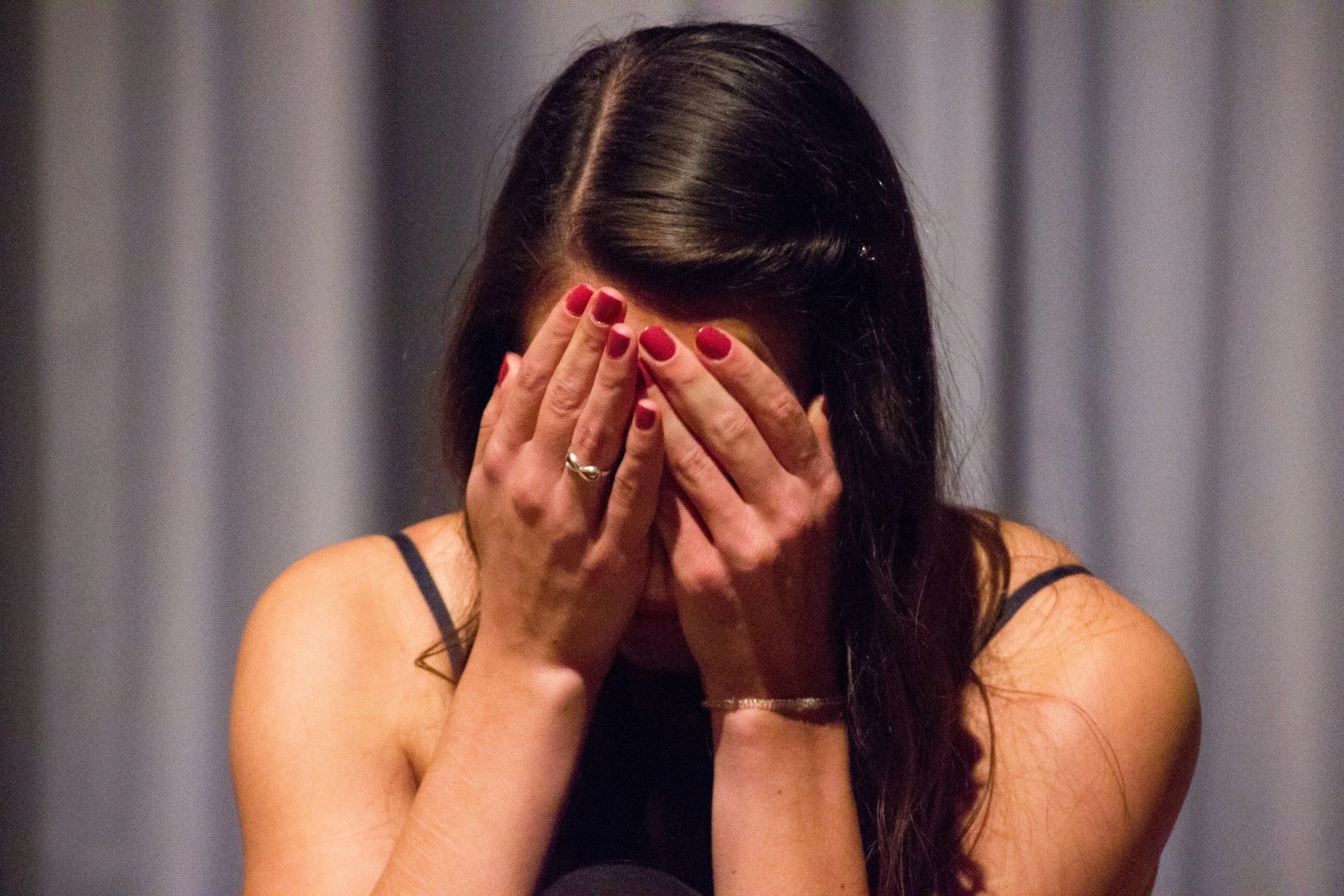It’s not the panic attack that’s the problem. It’s the SHAME SPIRAL after.
READ TIME : 4 min
Before we get started, let’s define shame.
“Shame is an emotion that involves negative self-evaluation–believing that something is wrong with you as a person. You may believe that you haven’t lived up to certain standards and feel unworthy or inadequate as a result.” -Psychology Today
Why does shame happen?
Stigma can create shame. Both in how people view themselves AND how they worry other people will view them.
To give you an idea, on the next slide there are examples from the Generalized Anxiety Stigma Scale:
Stigmatizing beliefs about anxiety disorders:
a sign of personal weakness.
not a real medical illness
could snap out of it if they wanted to.
should be ashamed of themselves.
do not make suitable employees.
are unstable.
are to blame for their problem.
just lazy.
a danger to others.
are self-centred.
Source: Griffiths, K.M., Batterham, P.J., Barney, L. et al. The generalised anxiety stigma scale (GASS): psychometric properties in a community sample. BMC Psychiatry 11, 184 (2011). doi: 10.1186/1471-244X-11-184
How does it impact treatment?
Shame can make you feel like you need to hide your anxiety. Which sometimes can lead to isolation or withdrawal. And it can prevent you from asking for help due to fear of what others might think.
Meaning it can block both personal support from loved ones, and prevent you from getting professional support like therapy. Shame also blocks the compassion you could have for yourself by turning it into frustration.
This is problematic because a lot of the work you do to recover from anxiety is going to be coached by you. You’re going to make a lot of changes and learn new ways of responding.
So having a supportive coach really helps you improve more, than a coach who is judgmental.
Shame can also block you from telling your therapist what’s REALLY going on in your brain because you feel so embarrassed and worry about their response. We often see this in Mom’s who are terrified to talk about intrusive thoughts because they worry that someone will take their kids away.
In fact, as a therapist I usually invite my clients to step out of this shame by exploring someone else’s anxiety. Because we can understand why someone else might be anxious and respond the way they do.
It’s easier to see from the outside. But the pattern is still the same across situations and the treatment is also the same.
In my opinion, EVERYONE experiences anxiety in different situations. EVERYONE. Some people are just less inclined to admit it or even recognize it. Now I’m not saying that everyone has an anxiety disorder, but we all experience fear in response to something that another person would not feel the same proportion of fear. Because we all are individual with our own experiences and differing things of importance.
Why am I telling you this?
Because all of our brains are susceptible to the tricks that anxiety plays. EVERYONE. We are all human like that. And exploring the shame that shows up in anxiety disorders can be such a powerful intervention. Shame just makes it battle against yourself and not against the real opponent, anxiety.
Hi, I’m Michelle
I’ve been working in mental health since 2010 and struggling with anxiety for oh, idk, maybe my entire life.
And with my lived experience having anxiety, I know what works, what doesn’t, and what makes things feel worse. In here, you’re not alone, and I’ll work with you to shed the shame along with the anxiety. And by using evidence-based practices, I’ll help you recover, not just feel better.


